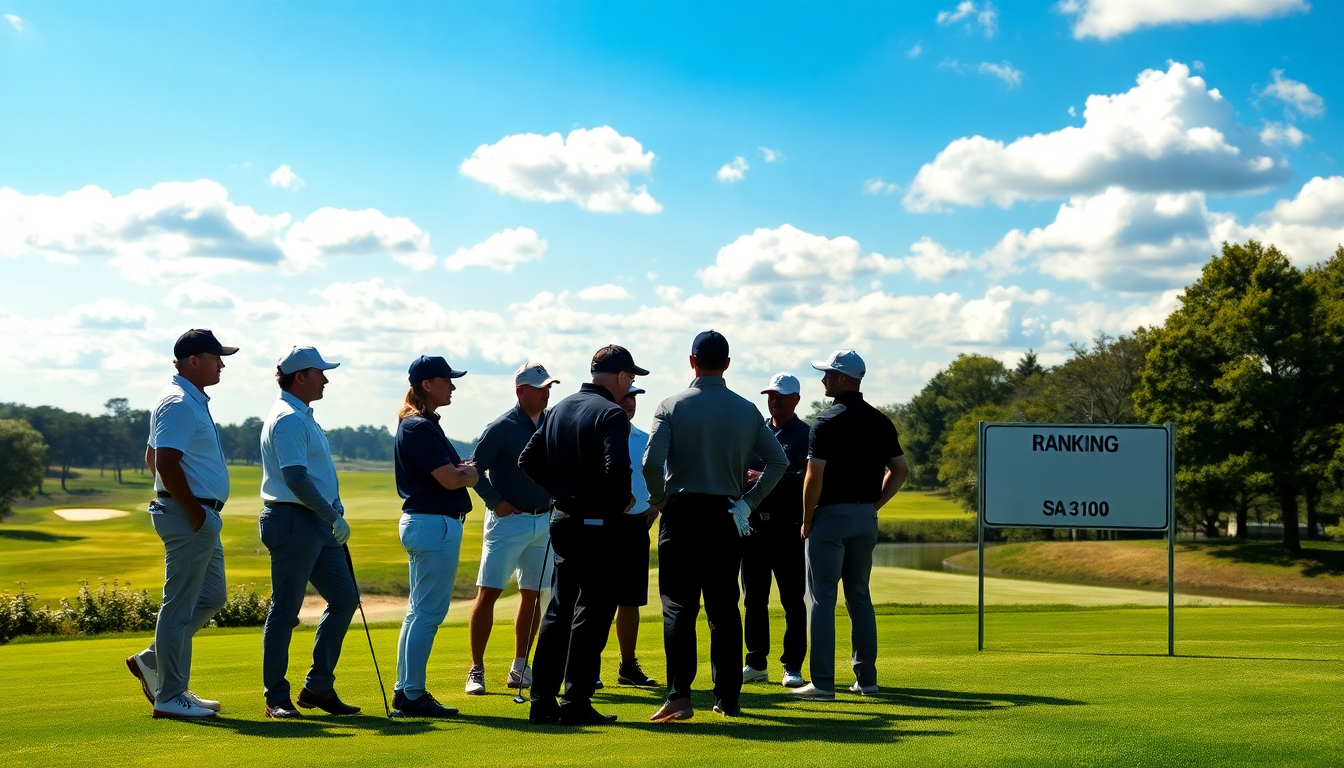Table of Contents
In the fast-paced realm of professional golf, the Official World Golf Ranking (OWGR) remains a key measure of a player’s success and standing. After a standout performance at The Open Championship, where he made a significant leap in the rankings, veteran golfer Lee Westwood seized the moment to voice his strong criticisms of the OWGR system. As a prominent figure on the LIV Golf tour, Westwood’s words shine a spotlight on a contentious issue that resonates with many players in the league. Have you ever wondered how rankings can affect a player’s career trajectory?
Westwood’s Take on the Rankings
Lee Westwood’s recent ascent to No. 930 in the OWGR, following a tie for 34th place at Royal Portrush, underscores not just his talent but also the complexities tied to the ranking system. His leap of 3,759 spots is impressive, yet it also unveils a glaring issue: LIV Golf events currently do not award ranking points. Westwood’s candid remarks at a recent LIV Golf event in the UK struck a chord with many in the golfing community who feel the existing system fails to capture the competitive spirit of LIV tournaments. Isn’t it frustrating when hard work goes unrecognized?
“I think that just proves that without world ranking points it makes a bit of a mockery of the system,” Westwood said, pointing out the need for a more inclusive approach to rankings that acknowledges the achievements of LIV golfers. His sentiments echo the frustrations of many peers who are left questioning why their performances in high-stakes tournaments don’t get the recognition they deserve within the OWGR framework.
The Challenge of Ranking Points
Since its launch, LIV Golf has faced hurdles in securing accreditation for world ranking points. An application made in 2022 was denied, leaving players in a tricky situation. Without the chance to earn OWGR points through LIV events, players like Dustin Johnson and Lee Westwood find themselves at a significant disadvantage, which could affect their eligibility for major tournaments. Johnson, who once held the world number one spot for an impressive 135 weeks, now sits at a stark 571st position—a clear reminder of how current ranking policies can impact careers.
Only a select few LIV players, such as Bryson DeChambeau and Tyrrell Hatton, have managed to break into the top 50 of the OWGR. This situation raises important questions about how the ranking system can evolve to better reflect the changing landscape of professional golf. The exclusion of LIV events from ranking considerations not only impacts individual players but also the overall competitiveness of major championships. How can we ensure that all players have a fair chance to shine?
Voices from the LIV Golf Community
Westwood’s concerns are echoed by his fellow LIV golfers, including Tyrrell Hatton, who has been outspoken about the need for recognition of their efforts. Hatton has expressed a desire for a pathway that would allow more players from LIV Golf to qualify for major tournaments, emphasizing that many talented individuals deserve the chance to compete at the highest levels. Isn’t it time to bridge the gap?
As the debate unfolds, it remains uncertain how the OWGR will adapt to the growing influence of LIV Golf. Discussions surrounding the inclusion of LIV events in the ranking system highlight a broader conversation about the future of professional golf and the importance of fairness in competitive rankings. For now, players like Westwood and Hatton are pushing for change, hoping their voices will pave the way for a more equitable system that values all players, regardless of their tour affiliation. Will their efforts finally lead to the recognition they seek?


